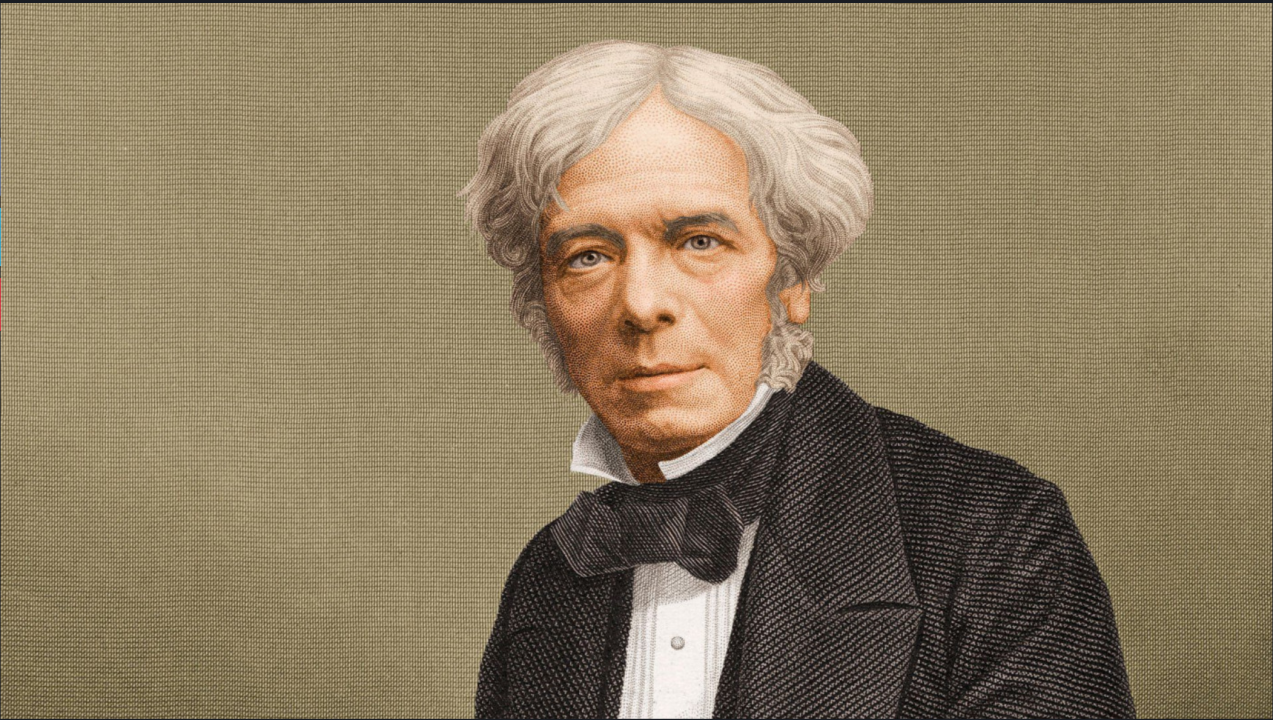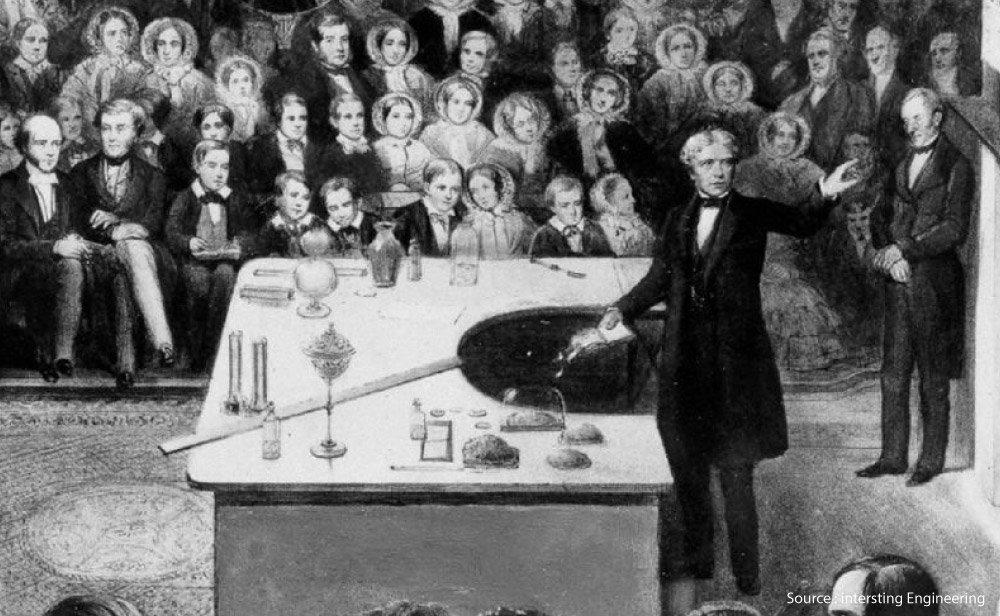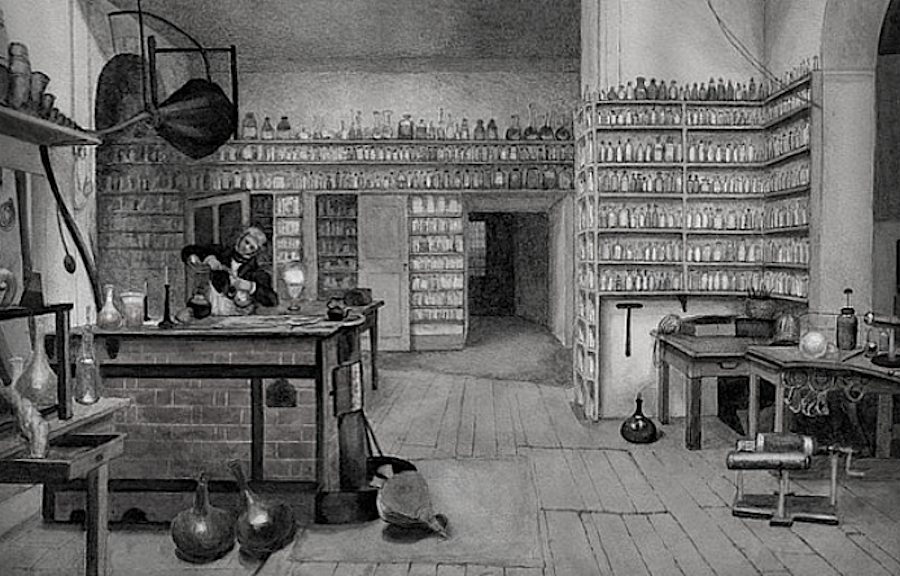From Electricity to Magnetism: The Enduring Legacy of Michael Faraday
Michael Faraday, the eminent English scientist, is widely regarded as one of the most influential figures in the history of science. Born on September 22, 1791, in Newington Butts, Surrey, England, Faraday's remarkable contributions to physics and chemistry revolutionized our understanding of electromagnetism and laid the foundation for modern electrical technology.
Faraday's breakthrough came when he secured an apprenticeship with the renowned English chemist and physicist Humphry Davy at the Royal Institution of Great Britain in London. Under Davy's mentorship, Faraday honed his skills as a researcher and embarked on a journey of scientific discovery that would change the world.
One of Faraday's most significant contributions to science was his discovery of electromagnetic induction in 1831. Through a series of groundbreaking experiments, Faraday demonstrated that a changing magnetic field could induce an electric current in a nearby circuit—a phenomenon that laid the groundwork for the development of electric generators and transformers. Faraday's work on electromagnetic induction revolutionized the field of electrical engineering and paved the way for the widespread adoption of electricity as a source of power. His discoveries formed the basis of Faraday's law of electromagnetic induction, which states that the induced electromotive force (EMF) in a circuit is proportional to the rate of change of the magnetic flux through the circuit.
Faraday's work on electromagnetic induction revolutionized the field of electrical engineering and paved the way for the widespread adoption of electricity as a source of power. His discoveries formed the basis of Faraday's law of electromagnetic induction, which states that the induced electromotive force (EMF) in a circuit is proportional to the rate of change of the magnetic flux through the circuit.
In addition to his work on electromagnetic induction, Faraday made numerous other significant contributions to science and technology. He formulated the concept of electromagnetic fields and introduced the concept of lines of force to visualize the behavior of electric and magnetic fields—a concept that remains central to our understanding of electromagnetism today.
Faraday also made important discoveries in the field of chemistry, including the identification of benzene as a distinct chemical compound and the discovery of the laws of electrolysis. His work laid the foundation for the development of electrochemistry and provided crucial insights into the nature of chemical bonding and reactivity.
Faraday's contributions to science were not limited to his groundbreaking discoveries; he was also an exceptional communicator and educator. His public lectures at the Royal Institution, known as the "Christmas Lectures," were immensely popular and played a significant role in popularizing science and inspiring future generations of scientists. Faraday's influence extended far beyond the scientific community; he was also a respected public figure and a leading voice in the promotion of scientific education and literacy. His efforts to make science accessible to the general public helped to foster a greater appreciation for the wonders of the natural world and the importance of scientific inquiry.
Faraday's influence extended far beyond the scientific community; he was also a respected public figure and a leading voice in the promotion of scientific education and literacy. His efforts to make science accessible to the general public helped to foster a greater appreciation for the wonders of the natural world and the importance of scientific inquiry.
In recognition of his extraordinary contributions to science, Faraday received numerous awards and honors during his lifetime, including the Royal Society's Copley Medal and the Albert Medal of the Royal Society of Arts. He was also elected a Fellow of the Royal Society in 1824 and served as its president from 1835 to 1850.
Faraday's legacy continues to inspire scientists and scholars around the world, shaping our understanding of the natural world and guiding the development of new technologies and innovations. His pioneering work in electromagnetism and chemistry laid the foundation for modern physics and chemistry, and his legacy remains as relevant and impactful today as it was during his lifetime.
Faraday's legacy extends far beyond his scientific achievements; he was also known for his integrity, humility, and dedication to serving humanity. Despite his immense contributions to science, Faraday remained humble and unassuming, always prioritizing the pursuit of knowledge over personal recognition or fame.
Throughout his life, Faraday remained committed to using his talents and expertise for the betterment of society. He believed passionately in the importance of scientific education and literacy, and he worked tirelessly to promote the public understanding of science. His public lectures at the Royal Institution attracted audiences from all walks of life and played a crucial role in inspiring interest in science among the general public. Faraday's dedication to scientific education extended to his role as a mentor and teacher. He took great pleasure in sharing his knowledge and insights with aspiring scientists and was known for his patience, kindness, and generosity towards his students. Many of his proteges went on to achieve great success in their own right, thanks in no small part to Faraday's guidance and encouragement.
Faraday's dedication to scientific education extended to his role as a mentor and teacher. He took great pleasure in sharing his knowledge and insights with aspiring scientists and was known for his patience, kindness, and generosity towards his students. Many of his proteges went on to achieve great success in their own right, thanks in no small part to Faraday's guidance and encouragement.
In addition to his work as a scientist and educator, Faraday was also deeply committed to philanthropy and social reform. He was actively involved in charitable endeavors, particularly those aimed at alleviating poverty and improving the welfare of the less fortunate. His charitable work reflected his deeply held belief in the importance of compassion, empathy, and social justice.
Faraday's influence on the scientific community and society at large was profound and enduring. His groundbreaking discoveries revolutionized our understanding of electromagnetism and laid the foundation for modern electrical technology. His tireless efforts to promote scientific education and literacy helped to inspire generations of scientists and foster a greater appreciation for the wonders of the natural world.In recognition of his extraordinary contributions to science and society, Faraday's legacy lives on in numerous ways. The unit of capacitance in the International System of Units (SI) is named the farad in his honor, and his pioneering work in electromagnetism continues to be studied and celebrated by scientists around the world.
More than a century after his death, Faraday remains a towering figure in the history of science—a shining example of the power of curiosity, perseverance, and dedication to the pursuit of knowledge. His life and work serve as an inspiration to us all, reminding us of the profound impact that one individual can have on the world through their passion, intellect, and humanity.































